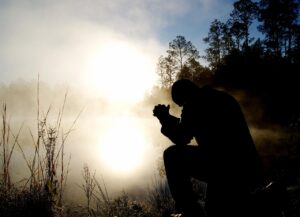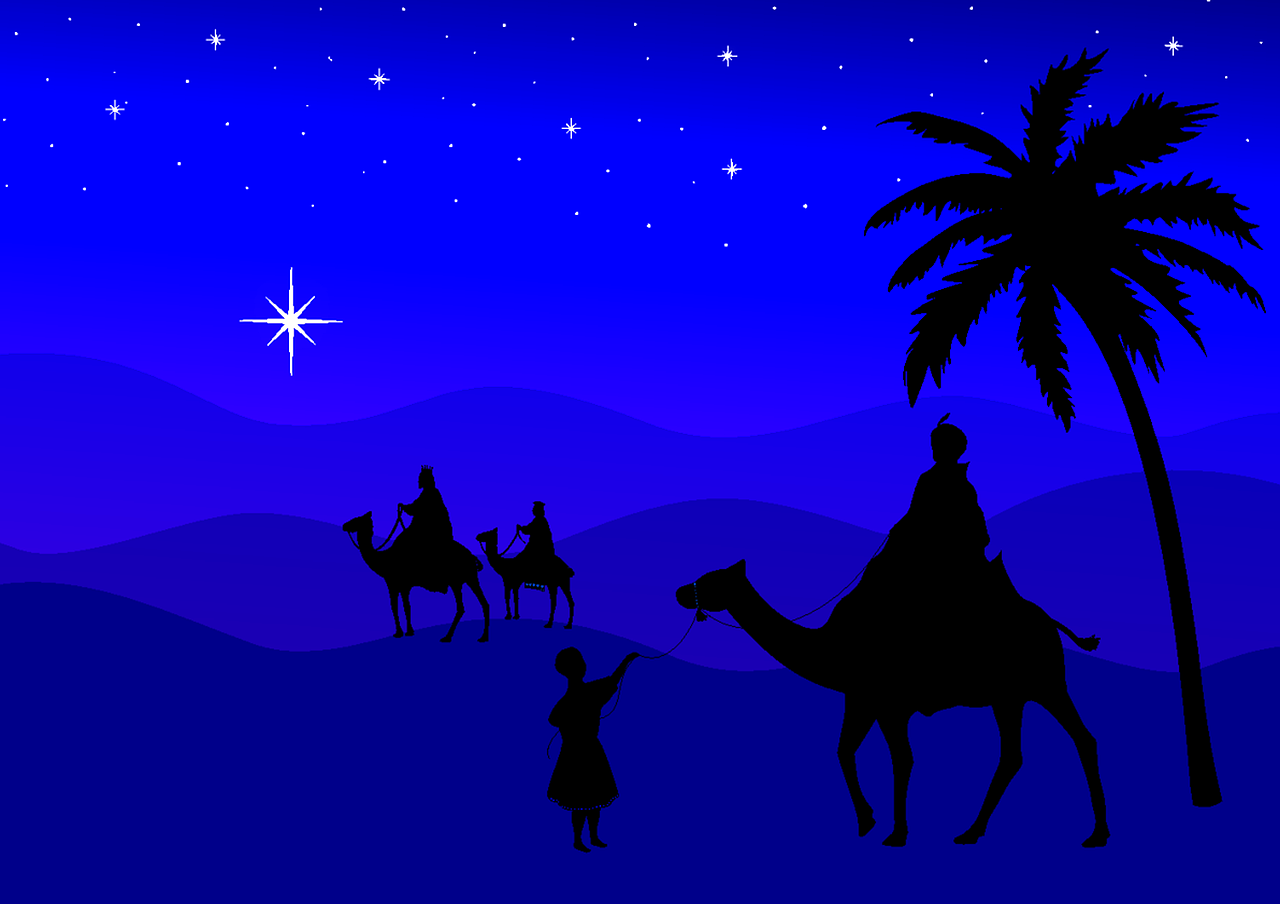


In Matthew’s account of the life of Jesus we read the familiar story of wise men or magi visiting Jesus and his parents in a home in Bethlehem.
After Jesus was born in Bethlehem in Judea, during the time of King Herod, Magi from the east came to Jerusalem and asked, “Where is the one who has been born king of the Jews? We saw his star when it rose and have come to worship him.”
When King Herod heard this he was disturbed, and all Jerusalem with him. When he had called together all the people’s chief priests and teachers of the law, he asked them where the Messiah was to be born. “In Bethlehem in Judea,” they replied, “for this is what the prophet has written:
“‘But you, Bethlehem, in the land of Judah,
are by no means least among the rulers of Judah;
for out of you will come a ruler
who will shepherd my people Israel.’”Then Herod called the Magi secretly and found out from them the exact time the star had appeared. He sent them to Bethlehem and said, “Go and search carefully for the child. As soon as you find him, report to me, so that I too may go and worship him.”
After they had heard the king, they went on their way, and the star they had seen when it rose went ahead of them until it stopped over the place where the child was. When they saw the star, they were overjoyed. On coming to the house, they saw the child with his mother Mary, and they bowed down and worshiped him. Then they opened their treasures and presented him with gifts of gold, frankincense and myrrh. And having been warned in a dream not to go back to Herod, they returned to their country by another route.
Matthew 2:1-12
The Magi were most probably Zoroastrian astrologers who were advisers to the rulers of the Parthian Empire (Iran and Iraq), Rome’s rival to the east at the time of the birth of Jesus Christ. These highly educated men believed in a cosmic struggle of good and evil and that a savior would eventually come to restore the world by getting rid of the evil one. Their founder, Zoroaster, may have been a contemporary of Daniel and the other Jewish scholars who were held in captivity in Babylon, almost 600 years earlier. Zoroaster, and his followers in succeeding centuries, would have known about Judaism and would have studied its sacred texts.
Therefore, when an alignment of stars led them to believe that they were seeing a sign that indicated the birth of a Jewish King, some (we don’t know how many but probably many more than three) traveled to Jerusalem to pay tribute to the newborn royalty. Since Herod, the current King, didn’t have a baby and was very worried that a usurper was in his land, he asked his own priests about a future King of the Jews and learned that the scriptures said he was to be been born in Bethlehem, a town six miles from the palace in Jerusalem.
Rather than stir up trouble with his Parthian guests, Herod sent them to Bethlehem to find the “baby king” and report back to him, ostensibly to go and worship this child. When the Magi didn’t return, Herod, who had nearly lost his life and family to Parthians 30 years earlier, did not pursue the Magi and demand the information he wanted. He didn’t order their capture and punishment for their disobedience despite his proclivity for killing anyone who challenged his authority. He took it upon himself to handle the “problem” of having a new king in his land.
Herod ordered the murder of all the baby boys under two years of age, who lived in and around Bethlehem. Infant Jesus and his parents must have still been in Bethlehem when the decree was announced because they were warned by an angel to immediately leave for Egypt. There they remained refugees for months or maybe years before returning to Joseph’s home town of Nazareth, almost 100 miles north of Bethlehem.
We read nothing more of the “kings” from Parthia, but will never forget their gifts of gold, frankincense and myrrh for the King of Kings.
Are you wise like the men who sought the King of the Jews? Would you like to know this baby who grew into the man who would sacrifice his life to take away the sins of this world? We encourage you to continue your search by reading our post: How Does One Become a Christian?
Answers to Life’s Greatest Questions is provided by Living Dialog Ministries. Visit our website at LivingDialog.org where you’ll see the wide range of books and booklets to help you go deeper in the study of God’s Word.